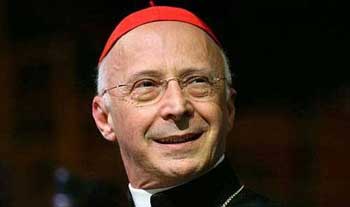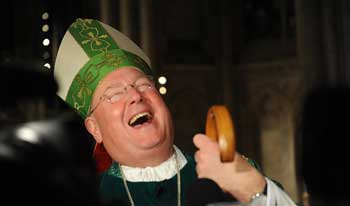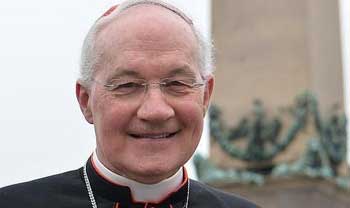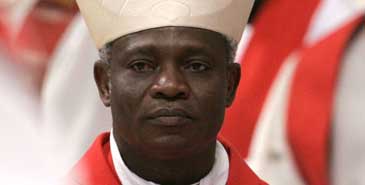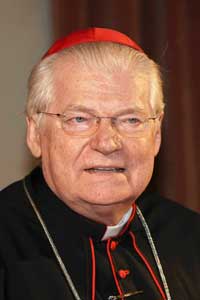Cardinal Ravasi: The Sophisticated
Cardinal Gianfranco Ravasi is President of the Pontifical Council for Culture, and considered an intellectual like Benedict XVI. The 70 year-old Bible expert has also a reputation as an expert on media and youth culture.
Ravasi has published vast numbers of books on Bible topics and writes for Italian newspapers. Since 2007, the internationally renowned Biblical scholar heads the Pontifical Council of culture. Through his Office and also with his initiative “Court of the Gentiles” he tries to push the conversation between Church and contemporary art, culture and, in the tradition of Cardinal Konig – Agnostics and Atheists. However, he lacks the pastoral experience. This résumé might limit his chances, in case the voting Cardinals should decide they want an experienced priest as new Pope, and not again a Professor.
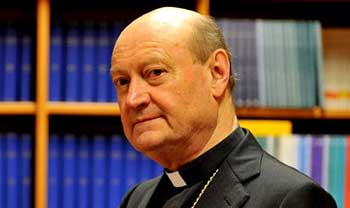
Ravasi was born in 1942 in the Lombardy. He was ordained a priest in 1966. The appointment as an Archbishop was connected with his appointment as the President of the Culture Council, and became Cardinal in November 2010. Prior to his appointment at the Vatican, Ravasi was prefect of the Milan Ambrosiana library. Benedict XVI. entrusted him with the management of the two Pontifical Commissions for the cultural assets and the Christian archeology.

